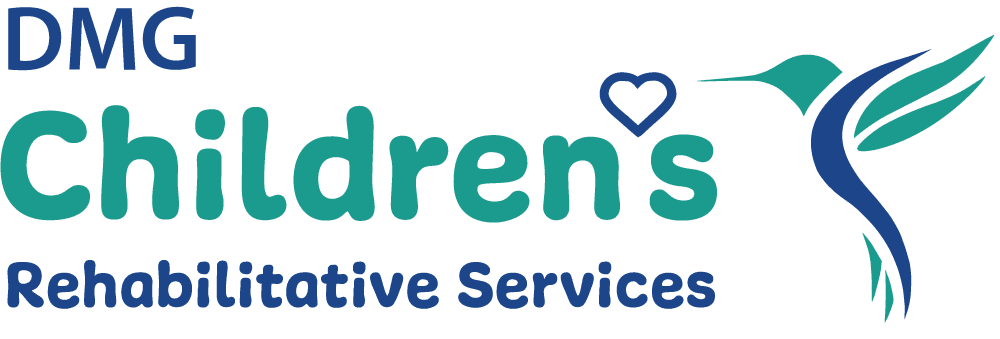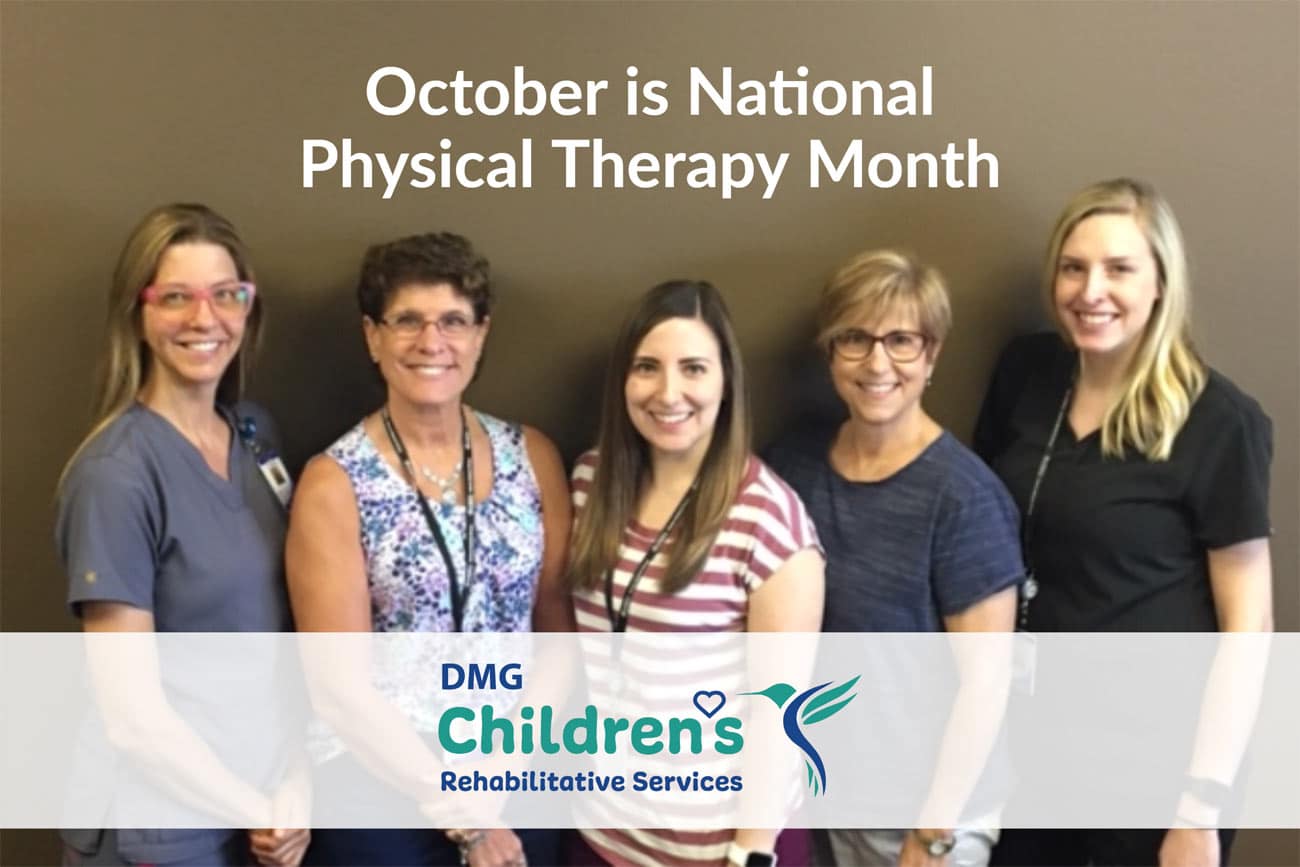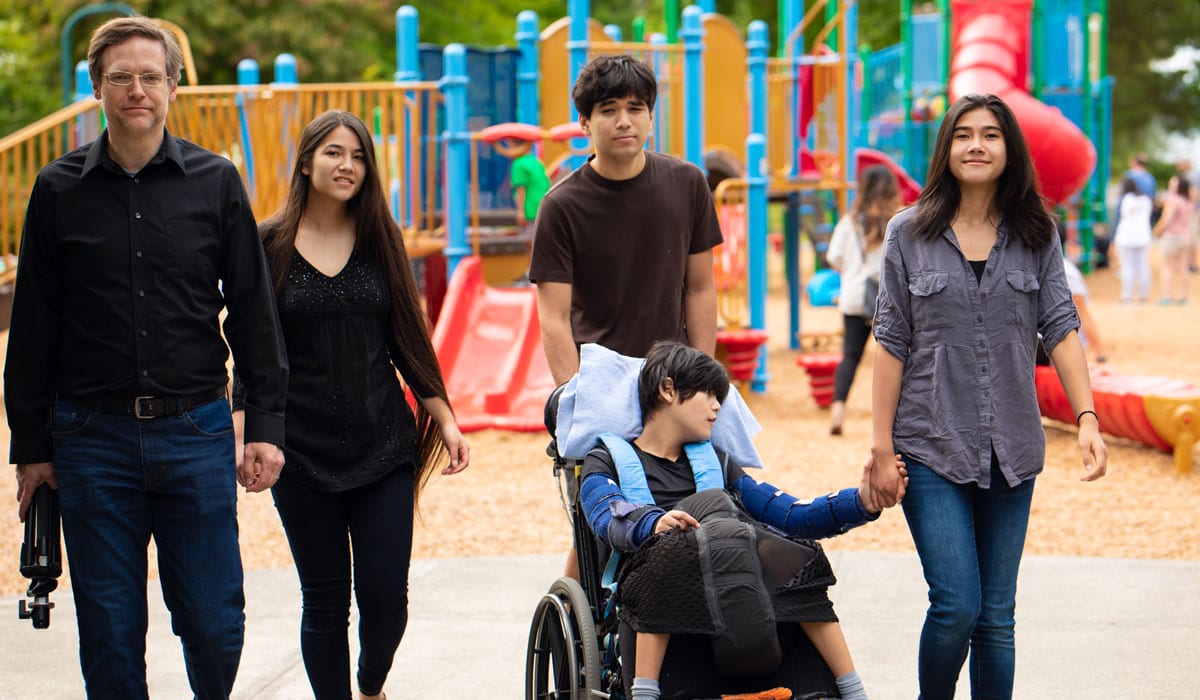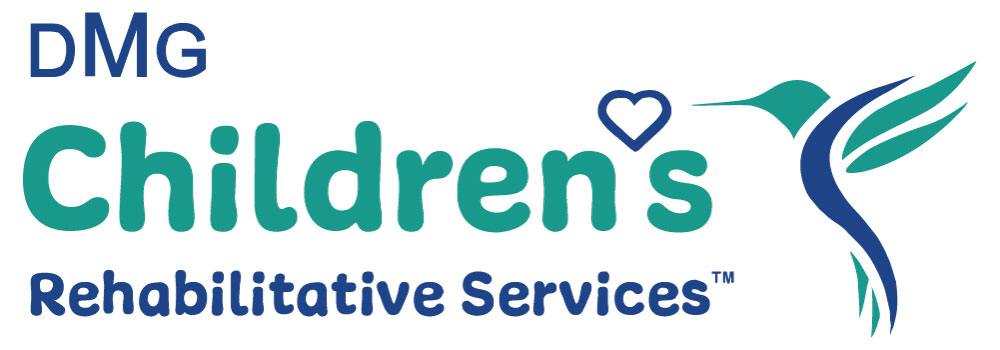
Contents:
An insider’s guide on making friends and merging worlds
by Tre’Shawn Rizo, Administrative Assistant at DMG CRS
In the ninth grade I was fortunate enough to meet my best friend Daniel in biology class. At the time I didn’t know he was, as he likes to put it, “different.” It was later in the day that he let me and a few others know about his autism. But that didn’t matter to me. From the moment I first noticed Daniel, I knew he was a guy I wanted to get to know. You see, earlier that day in biology our teacher used the expression “pull yourself up by your own bootstraps.” I didn’t think anything of it, but Daniel quickly raised his hand and said, “Hey Mr. McWilliams, that’s physically impossible to do. So I’m confused by your statement.” Watching my teacher get red in the face and fumble over how to respond was priceless. During lunch that day I decided to find Daniel and sit next to him. And after an awkward introduction and eleven years I’m quite pleased to still call him my best friend.
Over these past eleven years of having an autistic best friend, and in honor of Autism Awareness Month, I want to share my top three tips for interacting with someone who has autism. But first, let’s start with some definitions just so we are all on the same page.
Autism: A neurological disorder characterized by repetitive behavior, difficulties communicating, and problems establishing and maintaining relationships.
Autism Awareness: A movement about spreading awareness and acceptance of people on the autism spectrum.
Neurotypical: A person who doesn’t display atypical thought patterns or behaviors.
Stimming: Self-soothing, repetitive body movements which autistic people do in response to over-stimulation or emotional stress. Common ‘stims’ are rocking back-and-forth motions, hand flapping, and arm and leg rubbing.
Now that that’s out of the way, we as neurotypicals have a way of being weird or awkward when it comes to interacting with someone who falls outside the norm. However, they are people just like we are. The only difference is they think differently. So here are three tips that will help you develop friendships with people on the spectrum.
Tip 1: Be Kind.
It should go without saying, and this applies no matter who you are talking with, but be kind and respectful. A little kindness and respect can go a long way. People with autism are often bullied, teased or talked down to. Do not assume their mental capacity is based off their condition. The two do not always go hand in hand. So do not talk down to or baby them.
Tip 2: Be Patient.
When talking, people with autism may experience an eruption of emotions and misunderstandings. Because of that, when processing social cues, they might miss something and accidentally say something that may be taken as stupid, mean, or offensive. This tends to hinder the formation and maintenance of lasting relationships. But this can be avoided by helping to bridge the gap of misunderstandings. Keep in mind that without the physical emotional cues to guide their responses like neurotypicals do, they are left with just the words. This sometimes can make an awkward experience.
To get a sense of what this is like, try closing your eyes the next time somebody is talking to you. It’ll give you an idea of how much they are missing out on. It is said that over half of all communication is nonverbal. If you’re the neurotypical in the conversation, it’s your job to make sure you are clear in your meaning. If you feel offended by what they may have said, instead of showing your offense through your facial expressions, kindly verbalize that they have offended you. You will get an apology a lot faster than making a face at them that they may not pick up on or understand.
Tip 3: Pay Attention.
Pay attention to their body movements for signs of stimming. This happens when they are experiencing an excess of emotion or sensory stimuli. It isn’t always bad, and it isn’t always good. It just is. Many people with autism have free floating anxiety even when they are happy, and stimming helps keep that under control. If you see that they are moving around more than usual, ask if they need anything. Most of the time they will tell you what they need, and the tiniest gestures go the furthest.
I know that these tips won’t make the stigma surrounding people on the spectrum go away in a day, but it’s a start. Kindness, patience and paying attention are a good start to making new friends and merging these worlds together.










